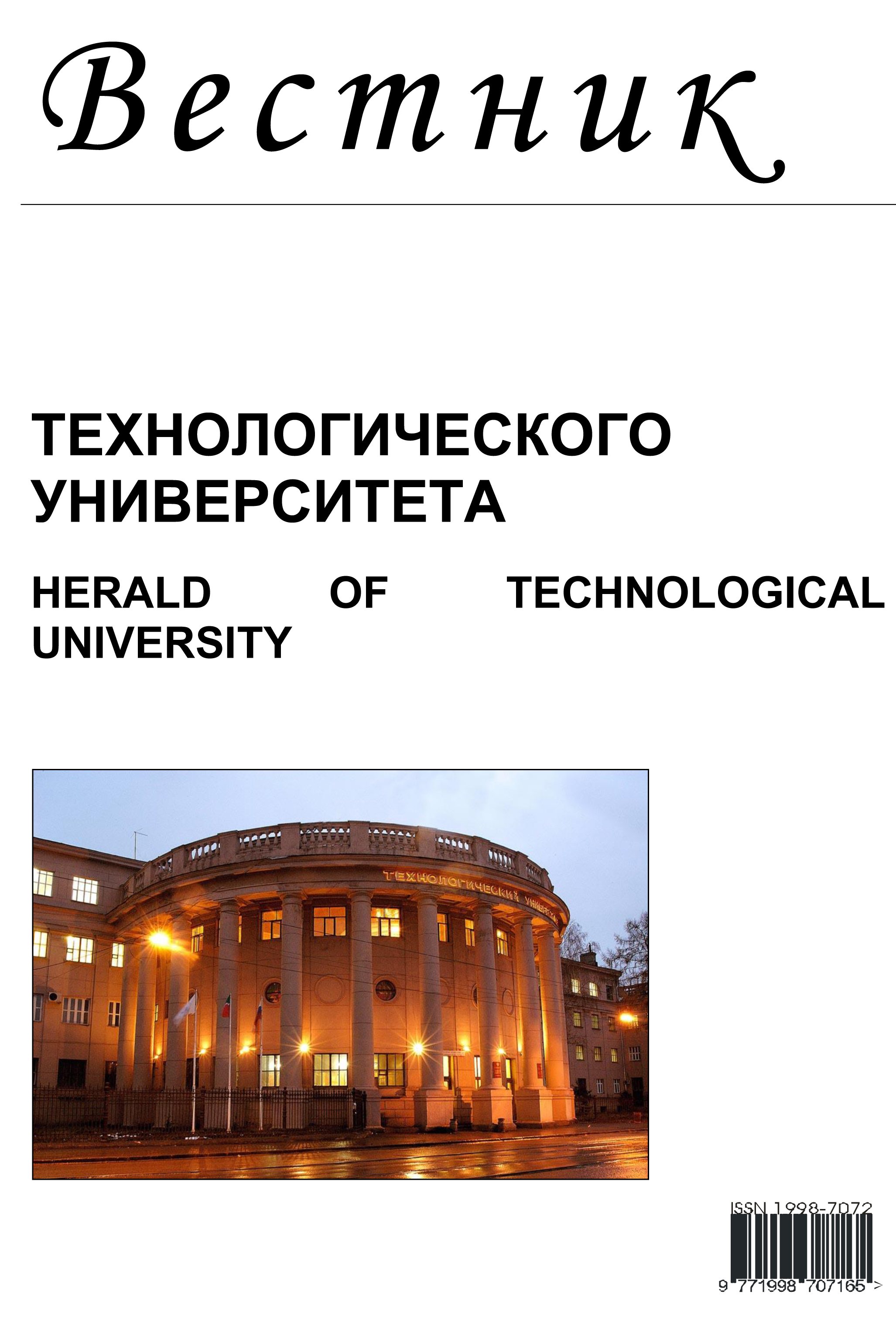The paper presents the results of mathematical modeling of Poisson input flow mass service systems with a limited lifetime. For systems without a queue accumulation option and one service channel, formulas are obtained for finding the intensity of exiting requests from the system and stationary states of the system, which make it possible to determine the proportion of two-component losses - from denial of service upon receipt of a request due to channel occupancy and incomplete service due to expiration of the life of the request. A generalization is made for a system of mass service of the simplest flow of applications with a limited life time in case of several equivalent processing channels. The results of mathematical modeling were compared with the results of simulation experiments within the framework of the model created by the authors for a wide range of application service systems with a limited lifetime. The reliability of the simulation results in this study was evaluated. For queued systems, the model mentioned in the works of Soviet mathematicians Gnedenko and Kovalenko was investigated in detail. It is shown how and for what additional non-standard functions of the probability distribution of some random variables are introduced. The impossibility of finding the type of these functions in the general case is reflected. The form of one of them is found for a special case, when the time spent in the queue for all requests cannot exceed a certain constant value. In order to approach the form of the above functions, distribution histograms are constructed based on the results of the simulation model. It is concluded that for practical application, the apparatus of simulation modeling should be used.
MASS SERVICE SYSTEM, GROUP INPUT STREAM, LIMITED LIFE OF REQUEST, MATHEMATICAL MODEL









